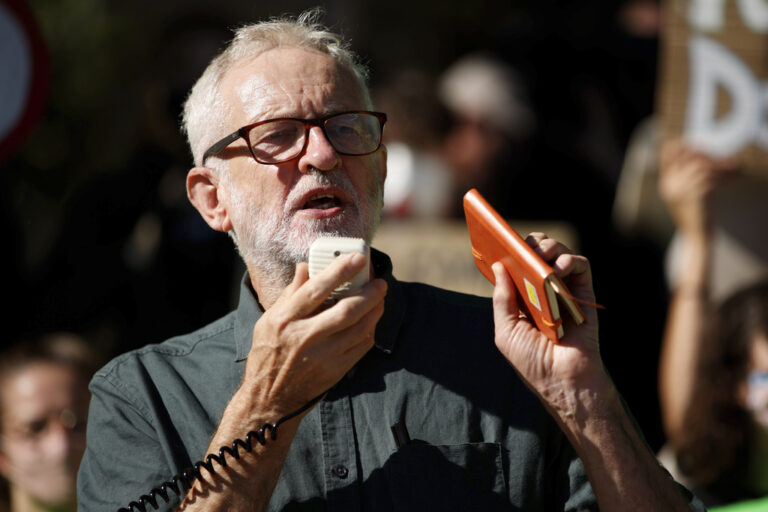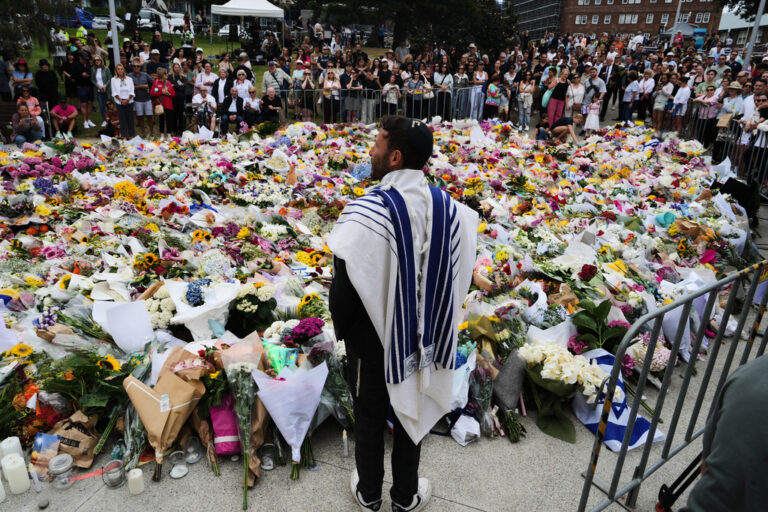On this Saturday night, motzei Shabbos Lech Lecha, Israel moves from daylight savings time to standard time. That means on motzei Shabbos at 2:00am, clocks are moved an hour back to 1:00am.
Some cellular providers have sent SMS text messages with instructions as to how one should set the clock ahead of the time change. Golan Telecom for examples, instructs users to move their time settings to ‘manual’ and then from ‘Israel’ to Athens’ Greece’ until after the time change. Then one can return the settings back to automatic and the phone should revert back to local settings.
Daylight savings time is set to resume on the eve of 7 Nissan, Thursday night to Friday, 23 March. DST this year will be 210 days.
(YWN – Israel Desk, Jerusalem)












2 Responses
The good news is that for the past one or two years, the time changes haven’t triggered debate about how the change in time imposes burdens on certain segments of the tzibur in EY, make fasting on yom kippur more burdensome etc. The practice has now become “accepted” in most of EY and the U.S. although we still have some states here (or portions thereof) who remain on standard time…..its unclear if the original “energy conservation” rationale still holds much weight but its become the norm since most prefer having the additional hour of daylight at the end of the day when they get home from work….
The US is the last country to switch. For many years Israel switched earlier on the logic that is was advantageous to have Yom Kippur under standard (winter) time (they never asked people trying to get someplace on erev yuntuf). The US switches late in order to facilitate observance of Halloween (a Christian holiday, observed by children going “trick or treating” in the evening-which is why they want extra daylight). The original idea was take advantage of sunlight (so people would not have to get up at 4 am back when workers normally worked dawn to dusk), but how relevant that is in the 21st century is open to debate since very few people today actually work outdoors and can only work in daylight.